The highly anticipated fashion week season, which came to a close recently in Paris, was not "business as usual". The numerous designer changes in Milan and Paris were met with high expectations, and according to Barbara Markert, co-Founder Weltreporter, founder LaSuite in a Linkedin post, they were largely fulfilled. This season marked a significant shift in the fashion industry, driven by a record number of debuts and a palpable sense of change and new ideas. The high concentration of new creative directors led to the season being called the "fashion week of the decade".
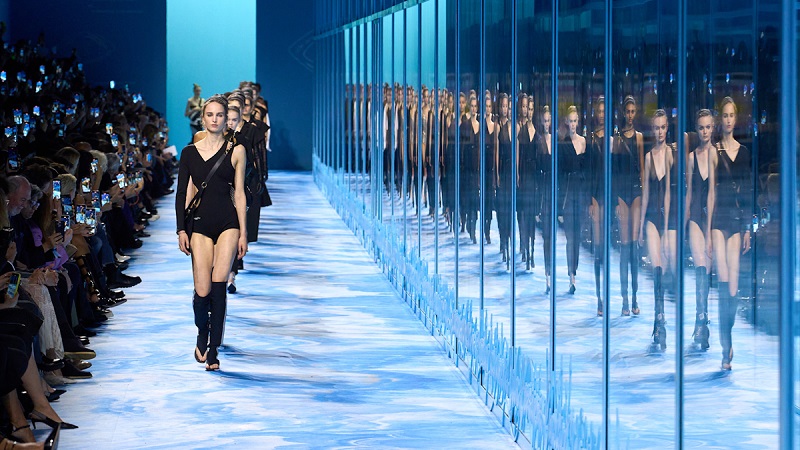
The traditional strategy of changing designers to revive a struggling luxury brand proved to be highly effective this season. This season saw a dozen fashion houses swap their creative directors for the upcoming Summer 2026 season alone, with two more houses celebrating their womenswear premiere after having already made the change for their menswear or haute couture shows.
Among the many new faces, several designers are credited with delivering strong collections:
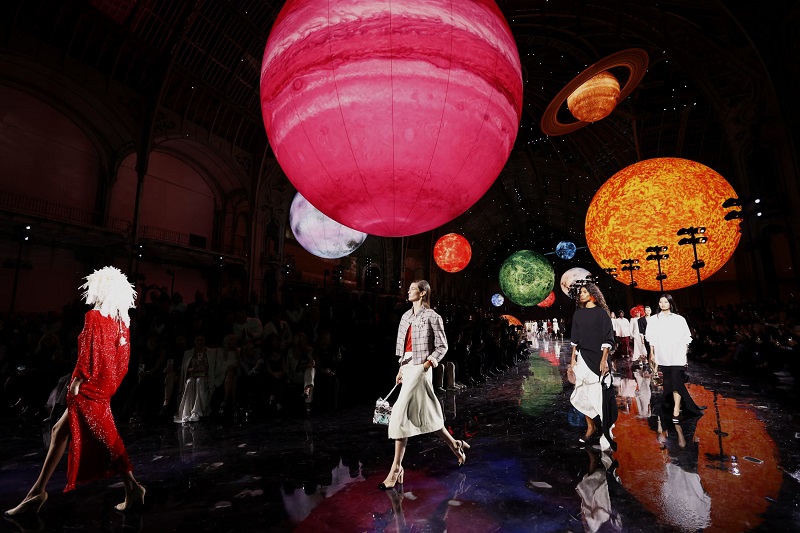
● Matthieu Blazy at Chanel. Blazy stated that fashion needs to rethink its narrative, saying, "Luxury is no longer enough. It is expensive and rare, but is that enough? No, that is not enough".
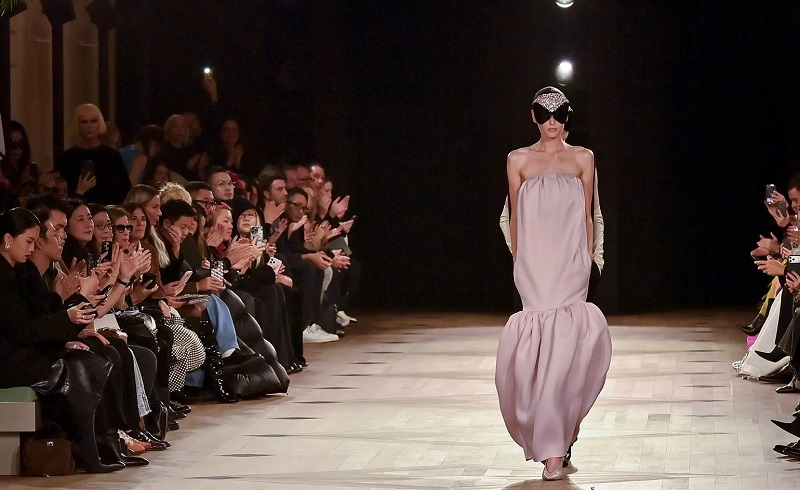
● Pier Paolo Piccioli at Balenciaga.
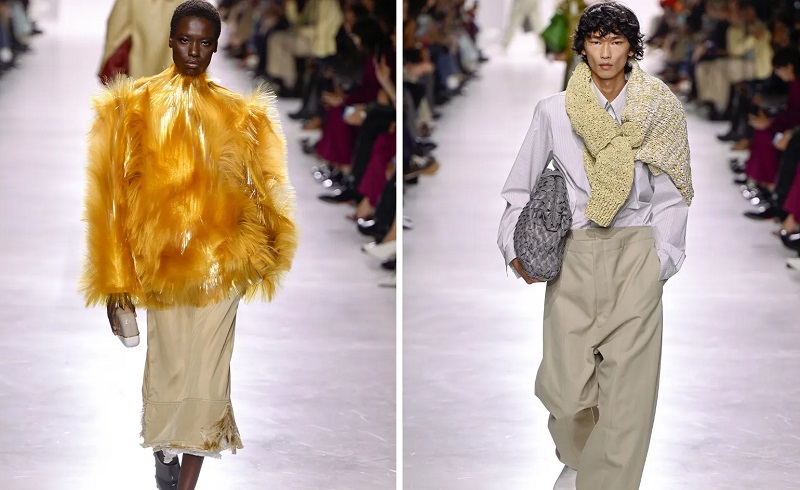
● Louise Trotter at Bottega Veneta.
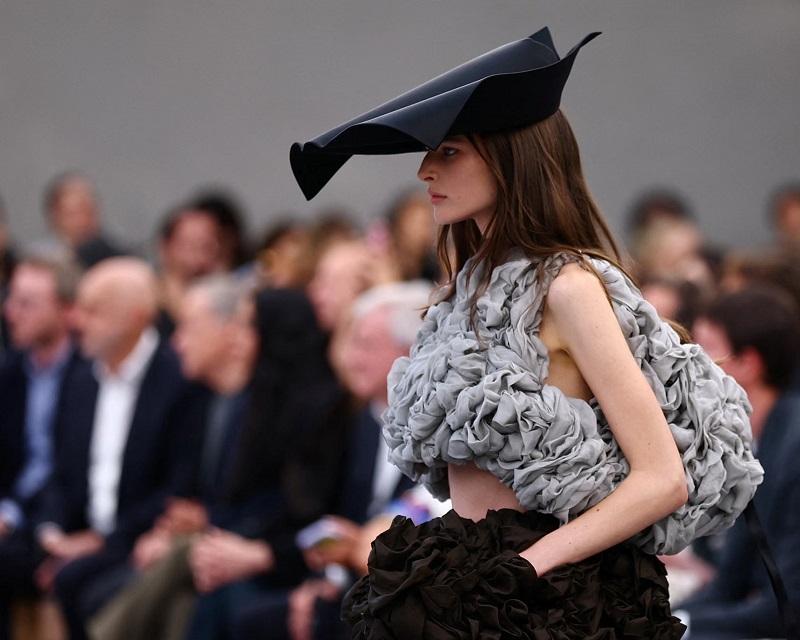
● J.W. Anderson at Dior. Anderson, who is new to Dior, explained that being "locked into history causes an implosion" and that "a change is inevitable".
One of the most notable debuts was Demna at Gucci, who did not waste time with grand speeches. Instead, he released his see-now-buy-now designs on Instagram and presented a film for a celebrity-filled audience in Milan, which was simultaneously made available to everyone online. His collection focused on modern reproductions of old Gucci bestsellers, a move that is already reportedly sending customers to stores and has caused Kering's stock price to rise sharply on the stock market.
Beyond the new designers, the season was also characterized by a democratization of fashion. This was seen in new formats and innovations, with designers and critics alike pushing back against the industry's elitist tendencies. For example, Glenn Martens, who is a designer for Diesel and Maison Margiela, distributed his Diesel collection throughout Milan, with models posing in plexiglass pods in public spaces like churches, bars, kiosks, and subway stations.
Another example of this shift was "La Watchparty," a public viewing of fashion shows created by social media fashion critic Elias Medini. This event brought back the collection discussions that had largely disappeared since the decline of bloggers around 2015. The audience at these events is different from those at the shows, consisting of young people more interested in the quality of the collection than in the looks of celebrities. This focus on the product and creative work, rather than on front-row attendees and "click-worthy" designs, gives cause for hope for the future of the industry.
The fashion industry has been grappling with a loss of glamour and sales, due in part to scandals involving poor quality, exploitative production, and questionable business dealings. There have also been accusations of "greedflation," where major brands have raised prices excessively without justification from innovative design or quality. This season's changes were seen as a necessary step to open a new chapter.
While many collections were successful, the debuts overshadowed other established brands' shows. It's difficult to recall the collections from Chloé, Dolce & Gabbana, Burberry, or Calvin Klein, as the sheer number of premieres commanded all the media attention. However, even the gossip surrounding this season—like Heidi Klum appearing as a bride at Vivienne Westwood's show or kitchen aprons becoming a trend at Miu Miu—indicates that something is changing in fashion.
This fashion week season saw a turning point in the industry, one that hopefully will continue to evolve in the coming years. The focus is returning to the product and collections, proving that fashion can once again captivate an audience. From this perspective, this season may indeed have been the "fashion week of the decade".












